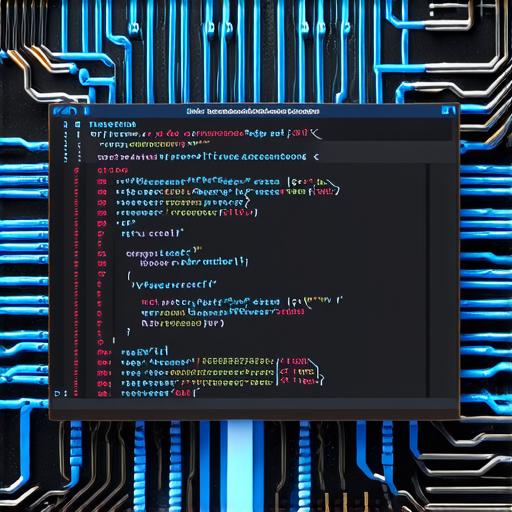What are Execution Engines?
An execution engine is a software component that manages the execution of code written for a specific platform or programming language. An execution engine provides a runtime environment that allows you to run your code without having to worry about the underlying operating system, hardware, or other dependencies. In simpler terms, an execution engine is like an interpreter that translates your code into machine-readable instructions that can be executed by the computer’s CPU.
Execution engines are used in a variety of contexts, including:
- Virtual Machines (VMs) – VMs are isolated environments that run on top of the host operating system and provide an environment for executing code written for different platforms or programming languages. Examples include Oracle Java Virtual Machine (JVM), Microsoft .NET Framework Common Language Runtime (CLR), and Apple’s Objective-C runtime.
- Interpreters – Interpreters execute code directly without compiling it into machine code. They are often used for scripting languages like Python, Ruby, and PHP. Examples include the Python Interpreter, the Ruby Virtual Machine (RVM), and the Apache HTTP Server module mod_php.
- Compilers – Compilers translate your code into machine code that can be executed directly by the CPU. They are often used for compiled languages like C++, Java, and C. Examples include GCC (GNU Compiler Collection), Javac (Java compiler), and Visual Basic C/C++ compiler.
- Just-In-Time (JIT) compilers – JIT compilers compile your code on the fly as it is executed, which can significantly improve performance. They are often used for interpreted languages like Java, .NET, and Python. Examples include Microsoft’s .NET JIT compiler, Oracle’s HotSpot JVM, and Python’s Pyc (bytecode cache).
Benefits of Execution Engines

Execution engines provide several benefits, including:
- Portability – Execution engines allow you to write code once and run it on multiple platforms or programming languages without having to rewrite the code from scratch. This makes your code more portable and easier to maintain.
- Efficiency – Execution engines optimize your code for efficient execution, which can significantly improve performance. They do this by managing memory allocation, garbage collection, and other low-level details.
- Security – Execution engines provide a sandboxed environment that isolates your code from the underlying operating system and hardware. This makes it more difficult for malicious code to compromise the system or steal sensitive information.
- Compatibility – Execution engines ensure that your code is compatible with different platforms, operating systems, and programming languages, making it easier to deploy and maintain your software across different environments.
Real-Life Examples of Execution Engines
- Oracle Java Virtual Machine (JVM) – The JVM is an execution engine for the Java programming language that allows developers to write code once and run it on multiple platforms without having to recompile or modify it. The JVM provides a sandboxed environment that isolates your code from the underlying operating system and hardware, ensuring compatibility across different environments.
- Microsoft .NET Framework Common Language Runtime (CLR) – The CLR is an execution engine for the .NET programming language that allows developers to write code once and run it on multiple platforms without having to recompile or modify it. The CLR provides a sandboxed environment that isolates your code from the underlying operating system and hardware, ensuring compatibility across different environments.
- Python Interpreter – The Python Interpreter is an execution engine for the Python programming language that allows developers to run their code directly without having to compile it into machine code first. The interpreter provides a simple and flexible environment that makes it easy to write and test your code quickly.
- Ruby Virtual Machine (RVM) – The RVM is an execution engine for the Ruby programming language that allows developers to run their code on multiple platforms without having to recompile or modify it. The RVM provides a sandboxed environment that isolates your code from the underlying operating system and hardware, ensuring compatibility across different environments.
- Apache HTTP Server module mod_php – The mod_php is an execution engine for the PHP programming language that allows developers to run their code on Apache web servers. The mod_php provides a fast and secure environment that makes it easy to develop dynamic web applications using PHP.
FAQs
1. What is the difference between an interpreter and a compiler?
An interpreter executes code directly without compiling it into machine code, while a compiler translates your code into machine code that can be executed directly by the CPU. Interpreters are often used for scripting languages like Python, Ruby, and PHP, while compilers are often used for compiled languages like C++, Java, and C.
2. What is a Just-In-Time (JIT) compiler?
A JIT compiler compiles your code on the fly as it is executed, which can significantly improve performance. They are often used for interpreted languages like Java, .NET, and Python. Examples include Microsoft’s .NET JIT compiler
